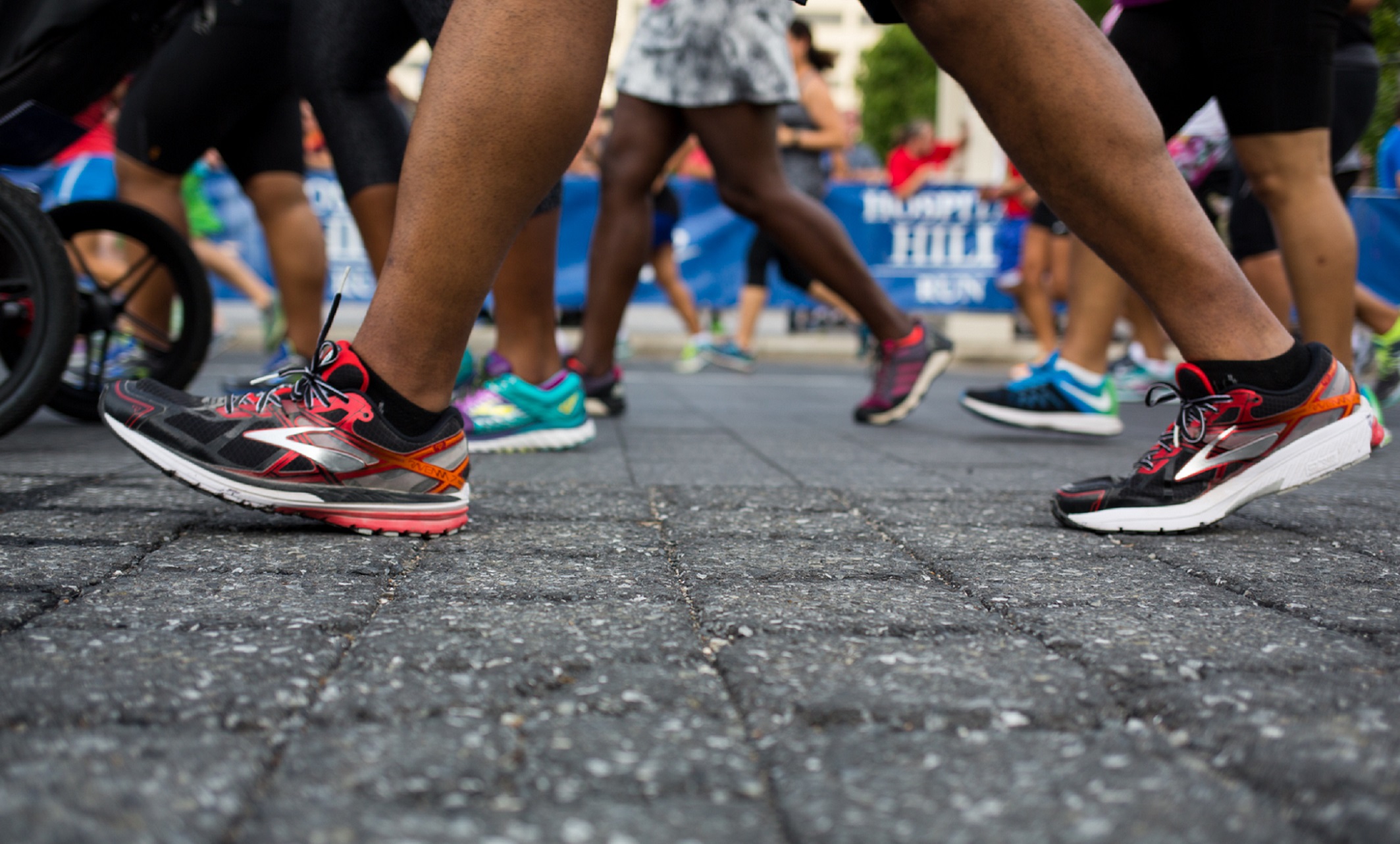Making access to health care more equal is a tough task, and a pandemic only makes the job tougher. To help, the UMKC Health Equity Institute is trying a new tool — mini-grants to university researchers and their community partners — to boost those efforts.
“We have about $12,000 to $15,000 spend, and we think putting $1,000 to $2,000 in the right places could help eight to 10 projects move forward,” said Jannette Berkley-Patton, Ph.D., the director of the institute and a professor in the UMKC School of Medicine. “Sometimes help paying for study participants, software, consultants or other resources can make a real difference.”
Though small, the grants could be the seed money — or the Miracle-Gro® — needed to turn ideas into budding projects that encourage and measure the effectiveness of community health efforts.
The brief application for the mini-grant program is available now, and institute members are encouraging researchers and community groups to submit their joint applications. An informational webinar on the mini-grants was presented in mid-October and is available online, along with important information such as budget documents and the grant program overview.
Applicants will have until Nov. 12 to submit their proposals, after which finalists will be chosen. The finalists then will give short oral presentations Dec. 4 and recipients will be chosen. The institute plans to have the funds available at the beginning of 2021.
“We’re hoping the mini-grants stimulate our researchers to be creative and to collaborate with community partners — or build relationships with new partners,” Berkley-Patton said. “The institute’s steering committee will evaluate the applications, and we hope to have applicants make a brief, but impactful, oral pitch for their proposals Dec. 4 in a virtual presentation akin to “Shark Tank®.”
The idea behind the Health Equity Institute, an initiative Chancellor C. Mauli Agrawal started in April 2019, is to partner UMKC researchers with community groups, non-profits and government agencies in underserved areas on projects that aim to improve community health.
“We’re hoping the mini-grants stimulate our researchers to be creative and to collaborate with community partners — or build relationships with new partners.”
The institute, for example, is working with the Kansas City Area Transportation Authority to evaluate the impact of the city’s now-free bus service on health outcomes. The institute wants to understand whether their recruited residents’ health and overall well-being improve because they walk more and have better access to jobs and health care through the free transit system. The institute has also helped the Kansas City, Missouri, Health Department conduct COVID-19 drive-through testing by coordinating more than 90 student volunteers. The students helped with intake, traffic control and providing COVID-19 information to people seeking testing.
The institute also helped with formation of an interfaith ministers’ group, the Clergy Response Network, founded to address COVID-19 inequities in Kansas City’s faith-based settings, and has created a church reopening checklist for clergy. The network recently received 30,000 face masks to distribute to congregations to help slow the spread of the coronavirus.
Berkley-Patton is a veteran of community-based health research, including studies that engage churches and other community-based organizations’ in efforts to combat health disparity issues such as HIV and other STDs, mental health, obesity and diabetes.
“We need more research projects that improve the health of people where they live, play, worship and work, and projects that can be sustained for the long haul after research shows they work,” Berkley-Patton said. “We think these mini-grants can get more projects like these up and running while engaging the community in research efforts that we hope will reduce disparities and improve health in Kansas City’s urban areas.”
UMKC researchers from any fields or departments are encouraged to apply as long as the research would involve collaboration with a community partner. UMKC research spans many disciplines, and health care research is fostered by the school's Health Sciences District, which includes the Schools of Dentistry, Medicine, Nursing and Health Studies, and Pharmacy.
For more information on the mini-grant program, visit the Health Equity Institute website.

